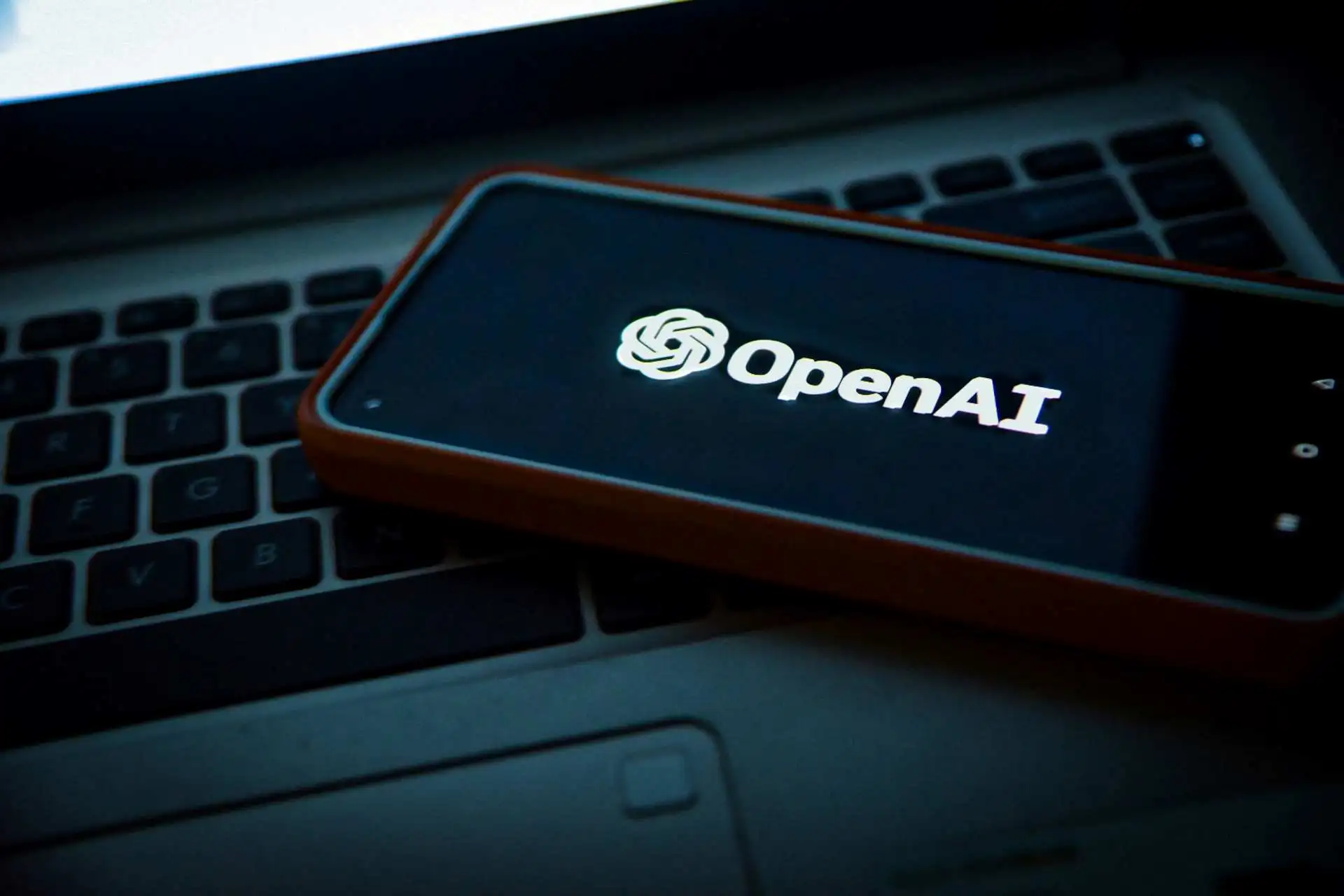Elon Musk has blamed OpenAI for transitioning from a non-profit to a for-profit mission. He thinks that OpenAI was invented to benefit communities, but it has left its objectives and is busy making money.
Musk, the head of several tech companies, filed a complaint in California court, including several defendants and plaintiffs. While Musk's amended lawsuit immediately turned down OpenAI's profit-making image, the organization claims the accusations are baseless.
Lawsuits’ Defendants and Plaintiffs Exposed
As you already know, Elon Musk's complaint to OpenAI for leaving the notion of AI’s healthy and safe development. The complaint contains several defendants and plaintiffs.
When discussing the organizations accused of committing this mistake, we will discuss Microsoft, a former OpenAI board member, Dee Templeton, and LinkedIn co-founder Reid Hoffman. On the other hand, the organizations that claim or bring the OpenAI case against the defendants are Musk’s AI Company, xAI, Shivon Zilis, and a Neuralink executive and former OpenAI board member.
One of the lawsuit’s plaintiffs, Shivon Zilis, is recognized as a former OpenAI board member, Neuralink executive, and mother of Elon’s twins. She argues that her remarks turned inattentive, and she named an injured employee.
Remember, Elon Musk launched xAI in 2015. The primary motto was to enable AI to benefit everyone. Sadly, Musk left the company in 2018 owing to not knowing where to direct it in the future.
Primary Accusations that Go Against OpenAI
One of the key allegations from Elon Musk against OpenAI is that it deviates from its mission of working non-profitably. Musk thinks the organization has become profit-interested, becoming a $157 million company. Not only this, Elon Musk highlights that OpenAI has misled others due to this conversion.
There is a chance that this is all due to the new leader and CEO, Sam Altman, and Chairman Greg Brockman. In a lawsuit, Musk’s team further argues that OpenAI has almost become a part of Microsoft, granting unique privileges compared to Musk’s xAI. These include:
- Access to technology
- Linked with experienced staff
- Advanced AI development at a lower cost
Read More: Tessl Secured $125M to Revolutionize Coding with AI Platform
Lawsuit’s Unfair Competition Actions
As soon as the legal dispute is filed in a court, it highlights several antitrust issues, revealing common board members of OpenAI and Microsoft—for instance, Reid Hoffman and Dee Templeton. Moreover, connecting the two businesses makes it easy to exchange private data, violating antitrust laws in the AI market.
Browse Other Posts: OpenAI and Others are Looking for a New Way to Make AI Smarter
Microsoft and Open AI Response
Musk has the same opinions about Microsoft as about OpenAI. Musk and his case highlight that the tech giant ignored the AI risks. Microsoft avoided Musk’s warnings and also labeled them irrelevant. In addition, OpenAI is no different and claims the lawsuit is baseless, accelerating the tension for the AI future regarding its development and advancement.

